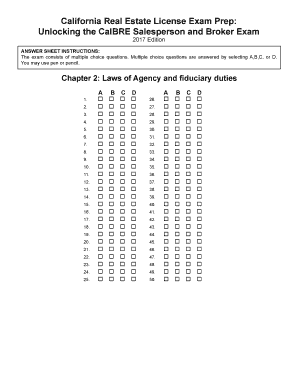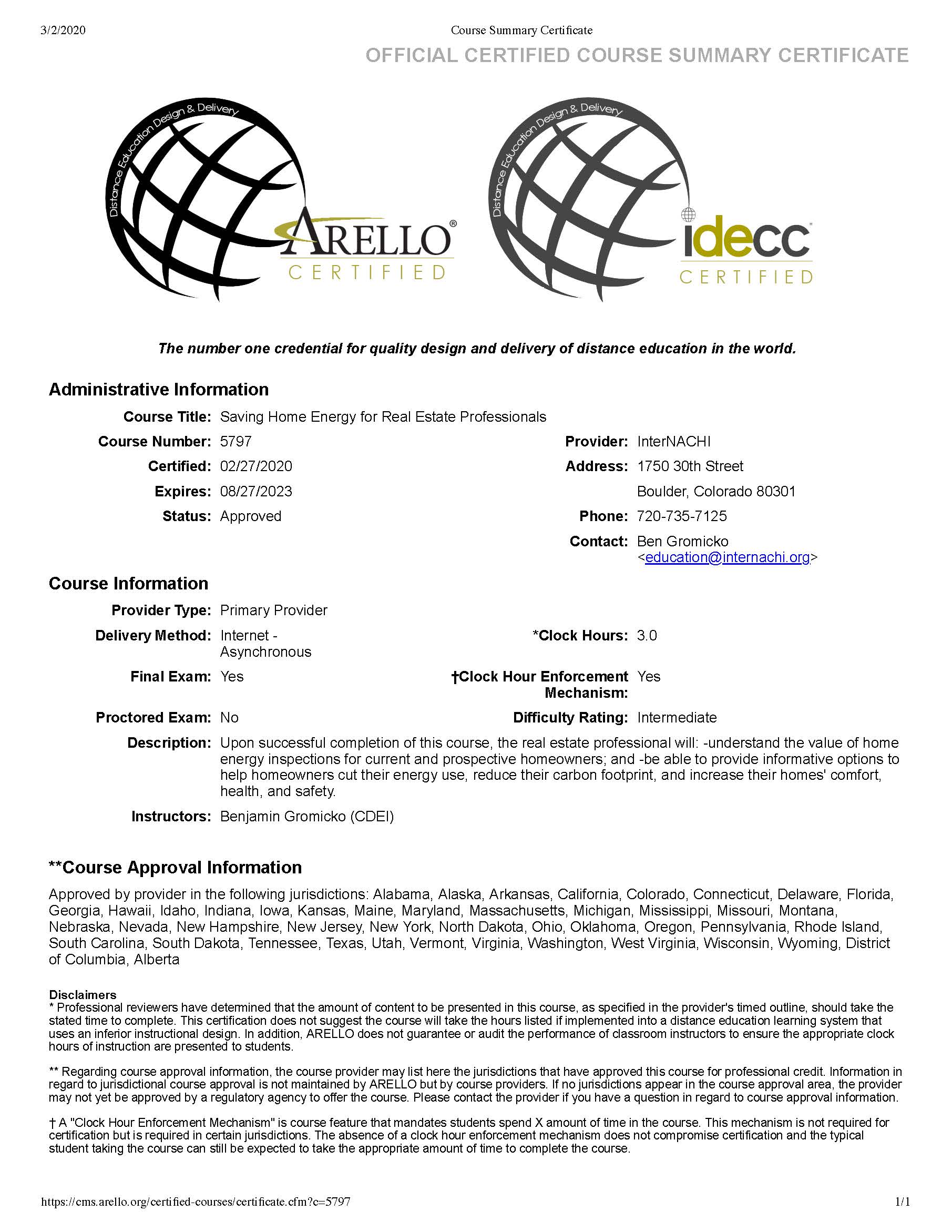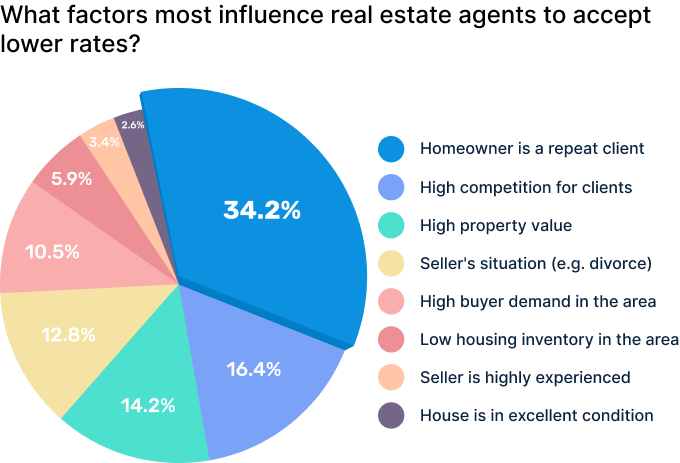
Real estate can be a challenging career. It requires a lot more than hard work and self-motivation. This career offers flexibility, as well as the possibility to make a decent living. It's worth your time and effort if you are passionate about making this career work.
Selling real estate is a competitive business
It's a competitive business to sell real property. If you can establish yourself as an expert on your local market and communicate your expertise to potential clients, you'll have an edge over the rest. The real estate industry is ever-changing, so you must constantly keep your skills and knowledge up to date.

You can develop your skills by learning from the expertise of other real estate agents. These agents are more likely to be able to give you valuable feedback than someone who is only interested in making money. They can also teach you the ropes of FSBOs and Facebook ads. These agents are likely to be able to help you get your first sale in a very competitive market.
Learning the business takes time
While real estate investing can be a great way to build wealth, it is not an easy task. You won't be able to get results in one day if you don't take the time to learn. But if you're willing to put in the time and sacrifice, you can shorten the learning process. You can start by purchasing an investment property, and fix it up gradually. You can then rent it to a tenants.
To be a real estate agent, you need to earn a college degree
Real estate is a career that can be done without a degree. However, it requires more training than a high-school diploma. Today, a single diploma is not worth much. It is also difficult for working adults to attend traditional classes. Online learning is therefore the best choice.
It depends on the state you are in, you might need to complete at most 60 hours. These classes will provide you with the fundamentals of real estate including pricing and listing. You will also learn about the laws of real estate, which are vital to your clients' safety and success in the business. You will need to have several years experience in real estate before applying for a license.

The majority of real estate agents work for an agency and get a commission on the sale. However, a degree is a great way to improve your career prospects and earn more.
FAQ
What are the benefits to a fixed-rate mortgage
With a fixed-rate mortgage, you lock in the interest rate for the life of the loan. You won't need to worry about rising interest rates. Fixed-rate loans offer lower payments due to the fact that they're locked for a fixed term.
What should you consider when investing in real estate?
The first step is to make sure you have enough money to buy real estate. If you don't have any money saved up for this purpose, you need to borrow from a bank or other financial institution. It is also important to ensure that you do not get into debt. You may find yourself in defaulting on your loan.
Also, you need to be aware of how much you can invest in an investment property each month. This amount must be sufficient to cover all expenses, including mortgage payments and insurance.
Finally, ensure the safety of your area before you buy an investment property. It is best to live elsewhere while you look at properties.
How much will it cost to replace windows
The cost of replacing windows is between $1,500 and $3,000 per window. The total cost of replacing all your windows is dependent on the type, size, and brand of windows that you choose.
Do I need flood insurance
Flood Insurance protects you from flooding damage. Flood insurance protects your possessions and your mortgage payments. Learn more information about flood insurance.
Statistics
- This seems to be a more popular trend as the U.S. Census Bureau reports the homeownership rate was around 65% last year. (fortunebuilders.com)
- Based on your credit scores and other financial details, your lender offers you a 3.5% interest rate on loan. (investopedia.com)
- The FHA sets its desirable debt-to-income ratio at 43%. (fortunebuilders.com)
- This means that all of your housing-related expenses each month do not exceed 43% of your monthly income. (fortunebuilders.com)
- Private mortgage insurance may be required for conventional loans when the borrower puts less than 20% down.4 FHA loans are mortgage loans issued by private lenders and backed by the federal government. (investopedia.com)
External Links
How To
How to manage a rental property
While renting your home can make you extra money, there are many things that you should think about before making the decision. We'll help you understand what to look for when renting out your home.
This is the place to start if you are thinking about renting out your home.
-
What are the first things I should consider? Take a look at your financial situation before you decide whether you want to rent your house. If you are in debt, such as mortgage or credit card payments, it may be difficult to pay another person to live in your home while on vacation. It is also important to review your budget. If you don't have enough money for your monthly expenses (rental, utilities, and insurance), it may be worth looking into your options. ), it might not be worth it.
-
How much does it cost to rent my home? There are many factors that influence the price you might charge for renting out your home. These factors include your location, the size of your home, its condition, and the season. Prices vary depending on where you live so it's important that you don't expect the same rates everywhere. Rightmove shows that the median market price for renting one-bedroom flats in London is approximately PS1,400 per months. This would translate into a total of PS2,800 per calendar year if you rented your entire home. While this isn't bad, if only you wanted to rent out a small portion of your house, you could make much more.
-
Is it worth it. You should always take risks when doing something new. But, if it increases your income, why not try it? Before you sign anything, though, make sure you understand exactly what you're getting yourself into. Your home will be your own private sanctuary. However, renting your home means you won't have to spend as much time with your family. Make sure you've thought through these issues carefully before signing up!
-
What are the benefits? So now that you know how much it costs to rent out your home and you're confident that it's worth it, you'll need to think about the advantages. There are many reasons to rent your home. You can use it to pay off debt, buy a holiday, save for a rainy-day, or simply to have a break. You will likely find it more enjoyable than working every day. If you plan ahead, rent could be your full-time job.
-
How do I find tenants? After you have decided to rent your property, you will need to properly advertise it. Make sure to list your property online via websites such as Rightmove. Once potential tenants contact you, you'll need to arrange an interview. This will enable you to evaluate their suitability and verify that they are financially stable enough for you to rent your home.
-
How can I make sure that I'm protected? If you're worried about leaving your home empty, you'll need to ensure you're fully protected against damage, theft, or fire. Your landlord will require you to insure your house. You can also do this directly with an insurance company. Your landlord may require that you add them to your additional insured. This will cover any damage to your home while you are not there. This doesn't apply to if you live abroad or if the landlord isn’t registered with UK insurances. In such cases you will need a registration with an international insurance.
-
Even if your job is outside the home, you might feel you cannot afford to spend too much time looking for tenants. You must put your best foot forward when advertising property. You should create a professional-looking website and post ads online, including in local newspapers and magazines. A complete application form will be required and references must be provided. While some people prefer to handle everything themselves, others hire agents who can take care of most of the legwork. In either case, be prepared to answer any questions that may arise during interviews.
-
What happens once I find my tenant If you have a current lease in place you'll need inform your tenant about changes, such moving dates. You can negotiate details such as the deposit and length of stay. You should remember that although you may be paid after the tenancy ends, you still need money for utilities.
-
How do you collect the rent? When it comes to collecting the rent, you will need to confirm that the tenant has made their payments. You will need to remind your tenant of their obligations if they don't pay. Any outstanding rents can be deducted from future rents, before you send them a final bill. If you are having difficulty finding your tenant, you can always contact the police. If there is a breach of contract they won't usually evict the tenant, but they can issue an arrest warrant.
-
How do I avoid problems? Renting out your house can make you a lot of money, but it's also important to stay safe. Make sure you have carbon monoxide detectors installed and security cameras installed. Check with your neighbors to make sure that you are allowed to leave your property open at night. Also ensure that you have sufficient insurance. You should not allow strangers to enter your home, even if they claim they are moving in next door.